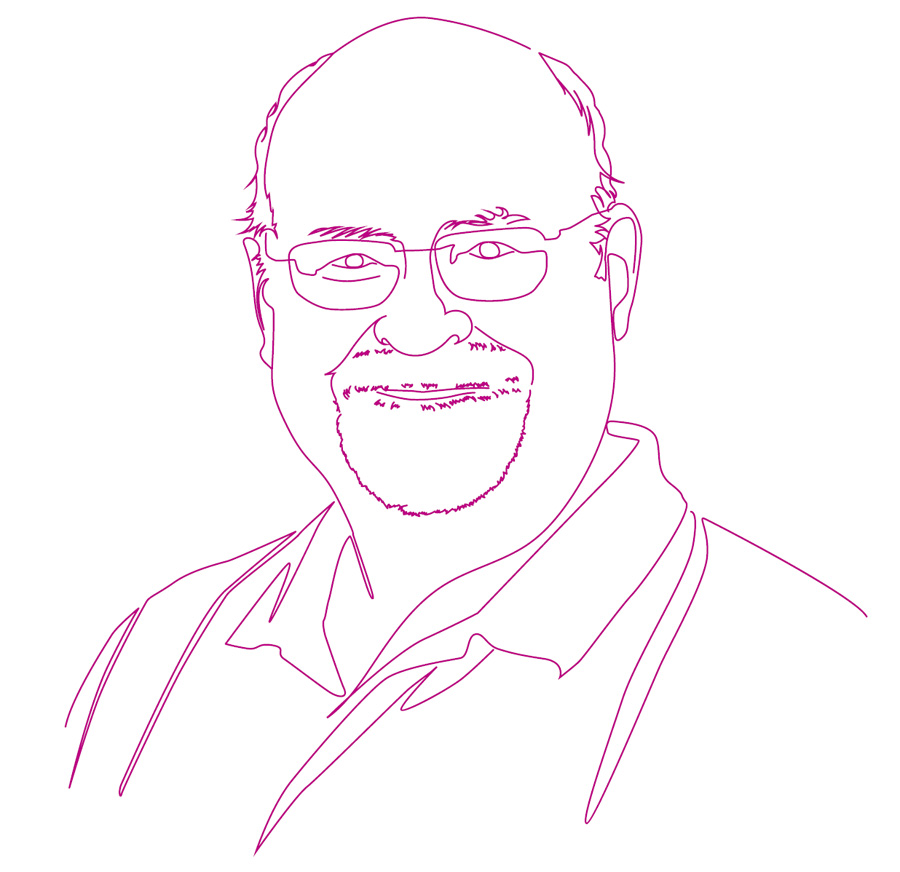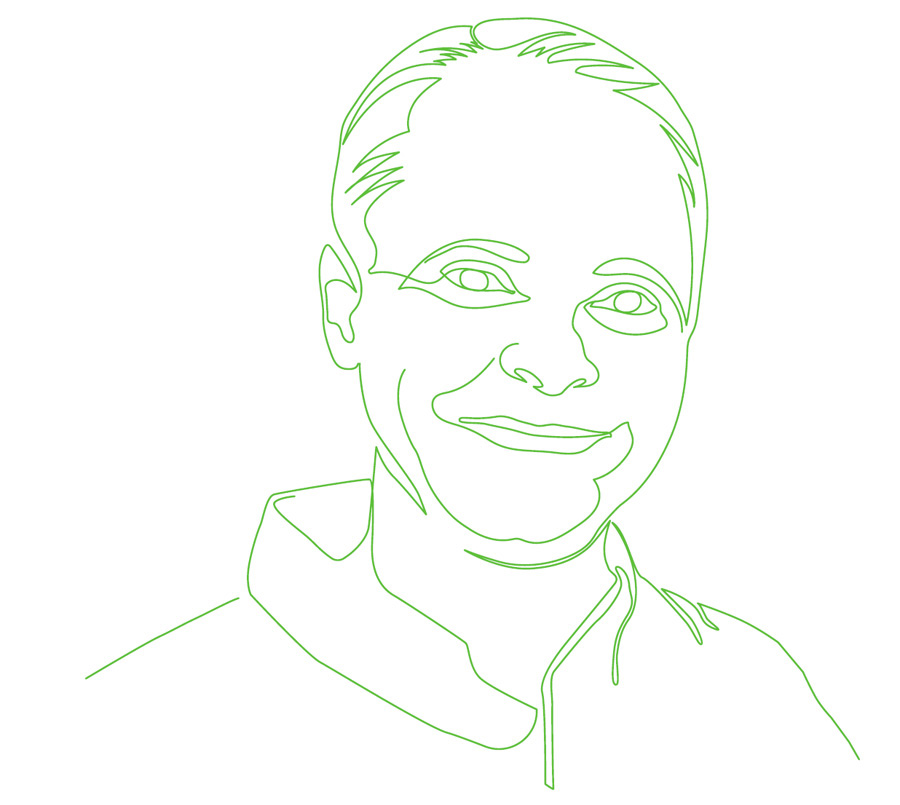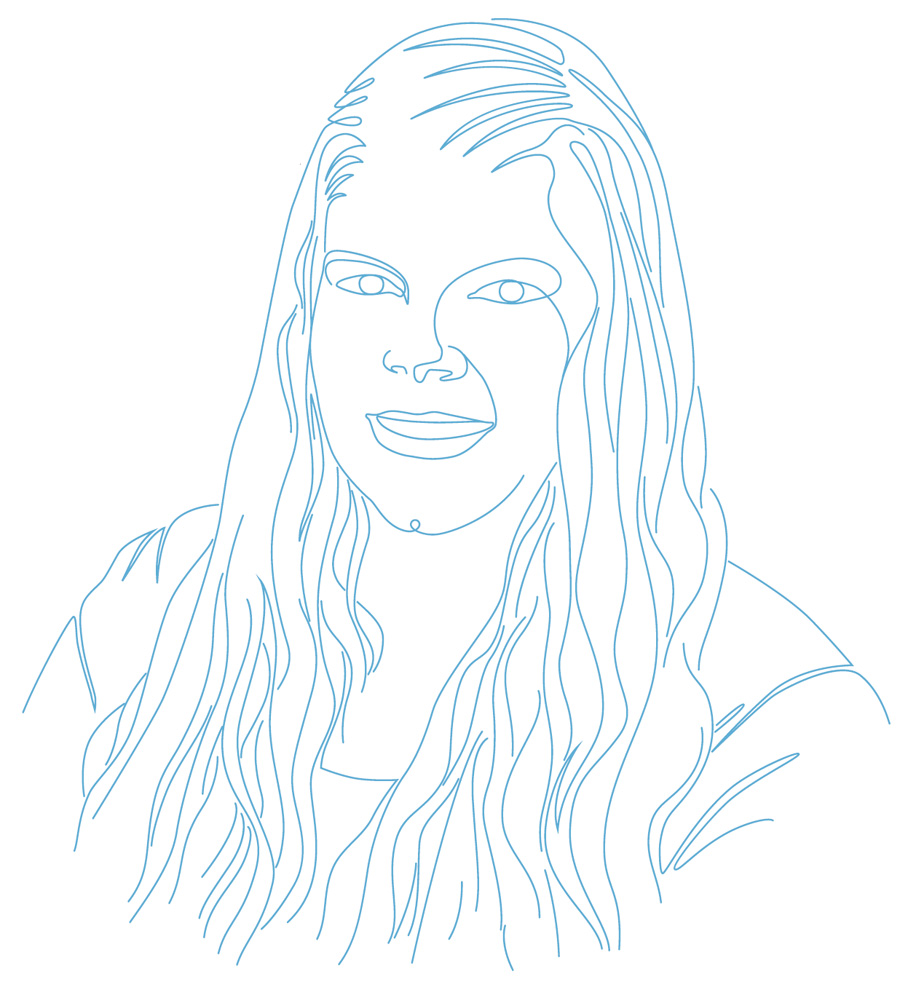Then, there was the Apollo 11 space launch, an almost unbelievable sight, in which Neil Armstrong and Buzz Aldrin achieved the unthinkable by stepping foot on the moon.
And finally, just a few weeks later, more than 400,000 people trekked to a 600-acre dairy farm in upstate New York for some pretty memorable musical performances known as Woodstock.
Our faculty experts share their unique perspective on how these events changed the societal landscape 50 years ago.


